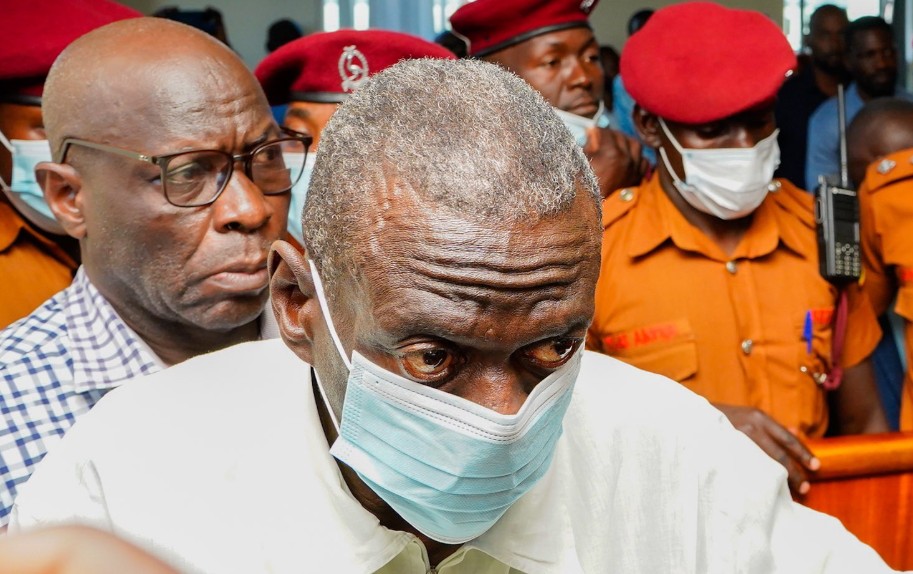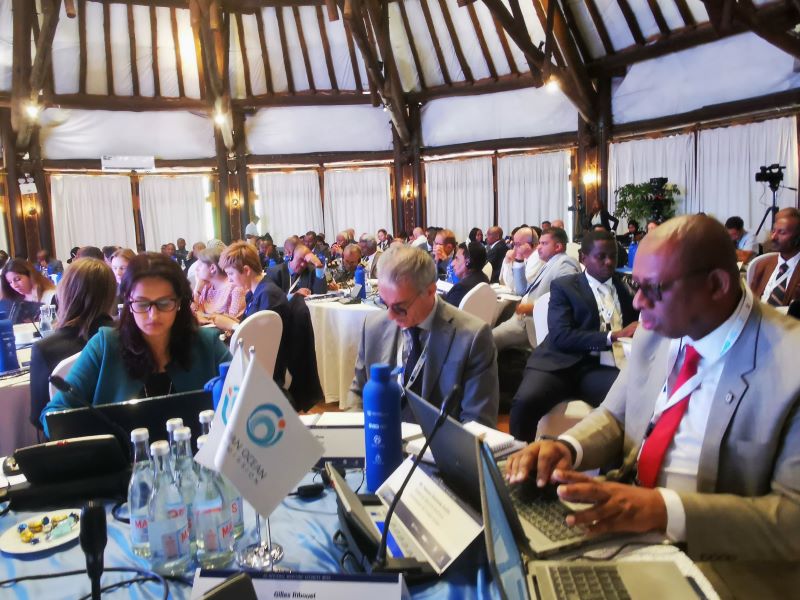Besigye remains in custody as Uganda court skips bail ruling

Uganda’s constitution states that suspects must be released on bail if their trial hasn’t started within 180 days. That deadline lapsed this week, but the court declined to release him.
A Ugandan court has extended the detention of opposition leader Kizza Besigye, ignoring a constitutional deadline that requires bail after six months without trial.
Besigye, 69, was arrested in Nairobi last November by armed men and later surfaced at a Ugandan military court, where he was charged with treason. The offence carries a potential death sentence.
More To Read
- Uganda signals possible social media shutdown ahead of 2026 polls
- UN Rights Chief raises alarm over abductions, enforced disappearances in Uganda ahead of elections
- Uganda opposition candidates present policies as Museveni skips live presidential debate
- Uganda: One dead, several injured in Iganga campaign violence
- Uganda stops granting refugee status to nationals from Ethiopia, Somalia and Eritrea
- Ugandan police accuse NUP supporters of attacking officers at Bobi Wine rally
A former personal doctor to President Yoweri Museveni, Besigye turned into one of his strongest political challengers, running against him several times.
Uganda’s constitution states that suspects must be released on bail if their trial hasn’t started within 180 days. That deadline lapsed this week, but the court declined to release him.
At Friday’s court hearing, magistrate Esther Nyadoi did not rule on the bail request. Instead, she decided to proceed with reviewing the prosecution’s arguments.
This led Besigye’s lawyers and supporters to walk out in protest. "I am raising a matter of having no legal representation in this case. Your worship, this is a case where our lives are at stake," Besigye said in court.
Besigye had been transferred to a civilian court in February following a hunger strike.
But a new law passed by lawmakers this week now permits civilians to be tried in military courts, further complicating his case.
The court has postponed the matter to May 29, and Besigye will remain in detention until then.
Meanwhile, Kenya's involvement in the case has come under scrutiny. Foreign Minister Musalia Mudavadi admitted that Nairobi worked with Kampala in the arrest.
"Kenya cooperated with the Ugandan authorities," he told AFP, explaining that Uganda was Kenya’s largest export market and that Nairobi did not want to strain ties.
Mudavadi declined to address the legality of the arrest and deportation, saying, "Kenya is not on trial."
Top Stories Today















































